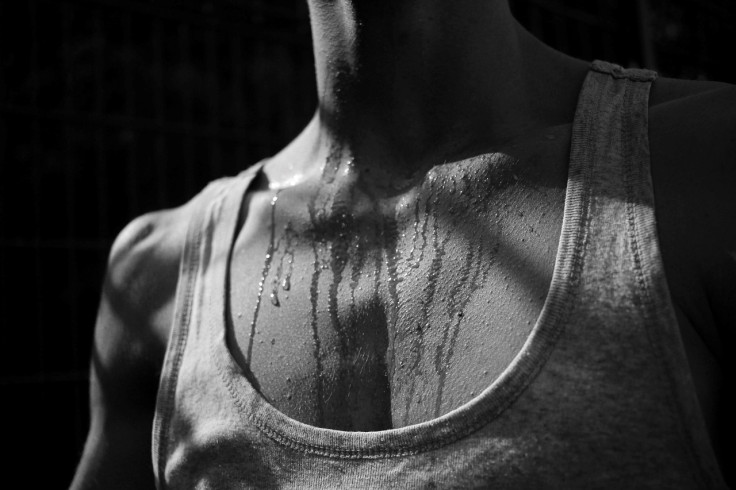Treating Social Anxiety With Sweat? Researchers Find Possible Therapeutic Boost With People's Body Odor
KEY POINTS
- Social anxiety is not just a matter of being very shy, it's a mental health condition
- Researchers collected sweat from volunteers who watched happy or scary video clips
- Those exposed to sweat responded better than those who weren't
Suffering from social anxiety? A team of European researchers has found that being exposed to people's body odors from sweat may help treat mental health woes.
Social anxiety is not just about someone being really shy. It is a mental health condition wherein an individual has an "intense, persistent fear" of being judged or watched by others, thus making it hard to do everyday tasks such as talking to people at school or work. Even something as seemingly simple as using a public restroom may be difficult for someone with social anxiety.
It may be hard for someone with social anxiety to have a normal life without being worried about coming in contact with others, noted the European Psychiatric Association (EPA).
For their study, presented at the European Congress of Psychiatry in Paris, a team of researchers conducted an experiment to see the effect of body odor on anxiety reduction.
"Numerous research points out that human beings are able to identify feelings of fear and happiness through smell," the study authors noted. "Such emotional information can lead to approach-avoidance behaviors or changes in affective state."
To shed light on the matter, they recruited a group of 48 women who had social anxiety and separated them into three groups of 16. While all of them were subjected to mindfulness therapy, the three groups were exposed to sweat samples collected from volunteers.
The volunteers were also separated into different odor groups as they were made to watch video clips that elicit certain emotions. For instance, the happy group watched clips from "Sister Act" and "Mr. Bean's Holiday", while the "fear" group watched clips from horror films like "The Grudge."
The participants exposed to sweat samples from people who watched either funny or fearful clips actually responded better to the mindfulness therapy than those who weren't exposed.
Those who got mindfulness therapy and were exposed to human body odors had a 39% reduction in their anxiety scores, said study lead researcher Elisa Vigna, of the Karolinska Institute in Stockholm. By comparison, the control group that had the mindfulness therapy and was exposed simply to clean air saw just a 17% reduction after a treatment session.
Overall, it appears that the combination of mindfulness therapy with the "chemo-signals" in sweat yielded better results compared to just the therapy alone.
"We were a little surprised to find that the emotional state of the person producing the sweat didn't differ in treatment outcomes – sweat produced while someone was happy had the same effect as someone who had been scared by a movie clip," said Vigna. "So there may be something about human chemo-signals in sweat generally which affects the response to treatment."
The team's findings could pave the way for new ways of helping people with social anxiety disorder. The common treatments so far for the condition are psychotherapy, medication and support groups.
The team clarified that further study would be needed to confirm their findings. They are now conducting a follow-up test, which is similar to the current study but adds a neutral group wherein the volunteers would simply watch neutral documentaries. The idea is to see if the effect is associated with the perceived emotional signals or the mere presence of a human regardless of the emotion.
"We are hopeful that this may lead to a new way of helping people with Social Anxiety Disorder, for example increasing the effectiveness of standalone e-health interventions (such as meditation apps) or provide an additional opportunity for those who don't respond to current treatment," said Vigna.

© Copyright IBTimes 2025. All rights reserved.






















